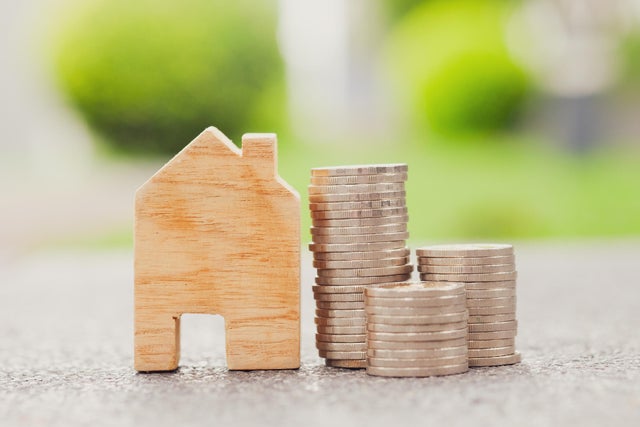How much is a $20,000 home equity loan monthly now that interest rates have been cut?
If you're looking for a way to borrow $20,000 now, don't want to spend a lot to secure the funds and have a home with equity, you're in luck. Right now, a home equity loan isn't just one of the more secure ways to borrow money; it's also one of the cheapest. With an interest rate materially lower than what can be secured with a personal loan or credit card, a home equity loan offers homeowners access to inexpensive funding.
And that's becoming even less expensive now that the Federal Reserve cut interest rates last week and is positioned to continue cutting in its next two meetings in October and December. That noted, $20,000 isn't an insignificant sum of money to borrow, especially when putting up your home as collateral, and particularly so now, in an economy in which inflation and unemployment are both on the rise again.
Borrowers will need to be strategic in their approach, and that begins with knowing the exact costs tied to a home equity loan of this amount. Fortunately, this is simple to determine thanks to the fixed interest rate home equity loans come with. So, how much is a $20,000 home equity loan monthly now that interest rates have been cut? That's what we'll illustrate below.
Start by seeing how much home equity you would be eligible to withdraw here.
How much is a $20,000 home equity loan monthly now that interest rates have been cut?
Here's what a $20,000 home equity loan will cost qualified borrowers each month if secured now, calculated against today's readily available rates and two traditional repayment periods:
- 10-year home equity loan at 8.34%: $246.26 per month
- 15-year home equity loan at 8.21%: $193.56 per month
To better appreciate the affordability of a loan of this size now, it helps to know what it cost earlier this year:
- 10-year home equity loan at 8.53%: $248.29 per month
- 15-year home equity loan at 8.48%: $196.71 per month
And here's what it would have cost monthly if secured in September 2024, after the Fed issued its first rate cut since 2020:
- 10-year fixed home equity loan at 8.50%: $247.97 per month
- 15-year fixed home equity loan at 8.41%: $195.89 per month
In short: Rate cuts have had a muted impact on the costs of home equity loans, as demonstrated by the above calculations tied to a $20,000 amount. But that doesn't mean that they're still not a valuable and important way to borrow home equity now, and it doesn't discount the future benefits of this unique borrowing product, either.
See how low of a home equity loan rate you'd currently qualify for now.
Is a home equity loan worth it now?
The average home equity loan rate available today is only a few basis points lower than it was at the beginning of 2025, and it's about the same as it was in September 2024. Still, a home equity loan comes with a fixed interest rate, giving homeowners an easy way to budget without the stress of a constantly changing rate (and payment), as would be the case with a home equity line of credit (HELOC).
Additionally, a home equity loan can always be refinanced in the future, should rates here decline more significantly than they already have. And, if you secure the home equity loan funds now, in the final quarter of 2025, and use them for eligible home repairs and projects, you may be able to deduct the interest paid from your taxes next spring. Knowing all of that, concerns over today's home equity loan rates may become less of an issue for some borrowers.
The bottom line
A $20,000 home equity loan comes with monthly payments ranging from about $194 to $256 right now, only marginally less than they were at other recent points on the calendar. But with a fixed rate that's still lower than most alternative borrowing options, the ability to refinance in the future, and the attractive tax advantages that personal loans and credit cards don't offer, this could still be the smart way to borrow now. Just be sure to calculate your costs closely to ensure long-term affordability, as you always should when putting up your home as collateral.
